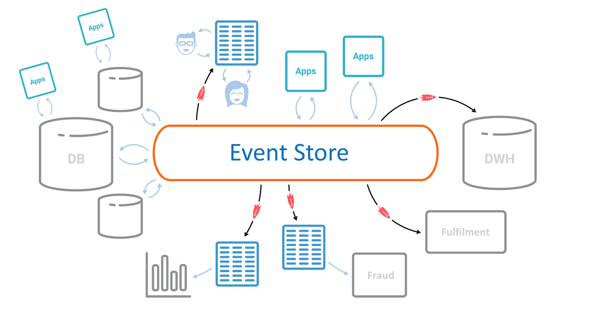In the era of social media, improved technology, and a budding gig industry, opening a media company may seem daunting. While there’s content everywhere, there are still plenty of variations of content today. So, yes—it’s still viable and lucrative to launch your own media company. What matters is how you prepare to set your company up for success.
- Prioritize Market Research and Business Plan Development Before Launching
Market research is essential in identifying gaps, shaping your company’s direction, and inspiring your business plan. It also helps identify your target audience, making it easy to settle on the right types of content to create and sell.
One good place to start is the Small Business Administration (SBA), which provides business guides and funding programs to help entrepreneurs start and grow their businesses. Whether you’re in the planning, launching, managing, or growing phase, the SBA makes an excellent resource for new business owners.
- Start with Your Own Company’s Media Campaign
Your potential customers need to know about your offerings, so you should start with your own marketing campaign once everything is set. You can leverage digital and print media to share your message through a coordinated effort for optimal results.
Remember, the more people know about you, the better. But being popular is not enough—you should be able to show the value people will get once they become your clients. A media campaign presents an opportunity to showcase your skill set.
- Create a Robust and Diverse Portfolio
Potential clients need to assess your work and gauge your ability to deliver what they want for future projects. Be sure to create a portfolio that showcases your past projects and samples of your work. Share some of the best examples to demonstrate your ability to create what clients need.
More importantly, be sure to diversify your portfolio—the more unique services you offer, the better. This will help provide multiple revenue streams for your media company.
- Set Concrete Pricing Models
Pricing is a vital factor, particularly for startups. Pricing your products too high or too low can hinder your business from the start. So, it’s crucial to identify the right pricing for your products.
During the research phase, you have the opportunity to identify your potential competitors and review their pricing models. Whether you opt for a value-based, hourly, fixed, performance-based, or tiered pricing model, make sure it’s something that works for your business and clients.
- Don’t Cut Costs on Insurance
You need to protect your business from unexpected losses and events, such as liability, risks, and property damage. These are the standard insurance plans you might need:
- Workers’ Comp Insurance– Depending on the state you operate in and the number of employees you have, you might be required to have workers’ compensation insurance to cover employees injured at the workplace.
- General Liability Insurance– As long as you have a physical office, you’ll want to purchase commercial general liability (CGL) insurance. What is CGL? It’s business insurance that protects your business from third-party claims like bodily injury and property damage. However, it’s important to note that CGL typically doesn’t cover advertising injury claims for companies in the media industry.
- Media Liability Insurance– If you’re an advertising agency, bear in mind that most CGL policies don’t include advertising injury coverage, usually “Part B” of the policy. As such, you’ll need a separate policy to cover liabilities, such as intellectual property claims, slander, and libel. Media liability policies protect media businesses from privacy invasion, plagiarism, and defamation claims.
- Cyber Liability Insurance– In the media world, there are also internet-based risks, such as cyber-attacks and data breaches, that can harm your business. Purchasing cyber liability insurance can cover your bases should a client sue your business after a data breach.
- Familiarize Yourself with FTC Advertising and Marketing Laws
With the evolving nature of the internet, knowing as much as possible about the existing regulations and laws is essential. As a media company, you’ll need to learn more about the Federal Trade Commission (FTC) and its role in consumer protection and fair business practices.
The FTC is mandated to ensure all businesses adhere to internet usage rules and guidelines as a medium for marketing and advertising. You must comply with the laws regarding spamming, refunds, delivery, information authenticity, and more.
Launch Your Business Today
Starting a media company is still a profitable venture. Regardless of which services you want to deliver, take the time to make sure the launch is seamless and successful. The planning that goes into your business has a significant impact on how you will progress down the road.













